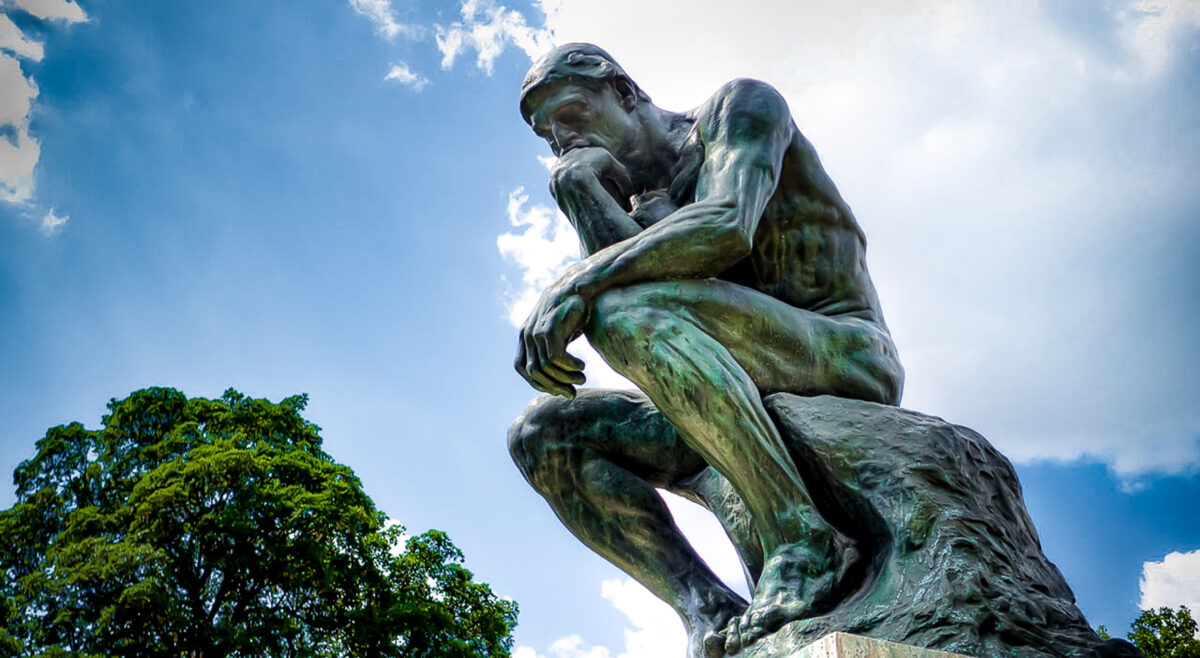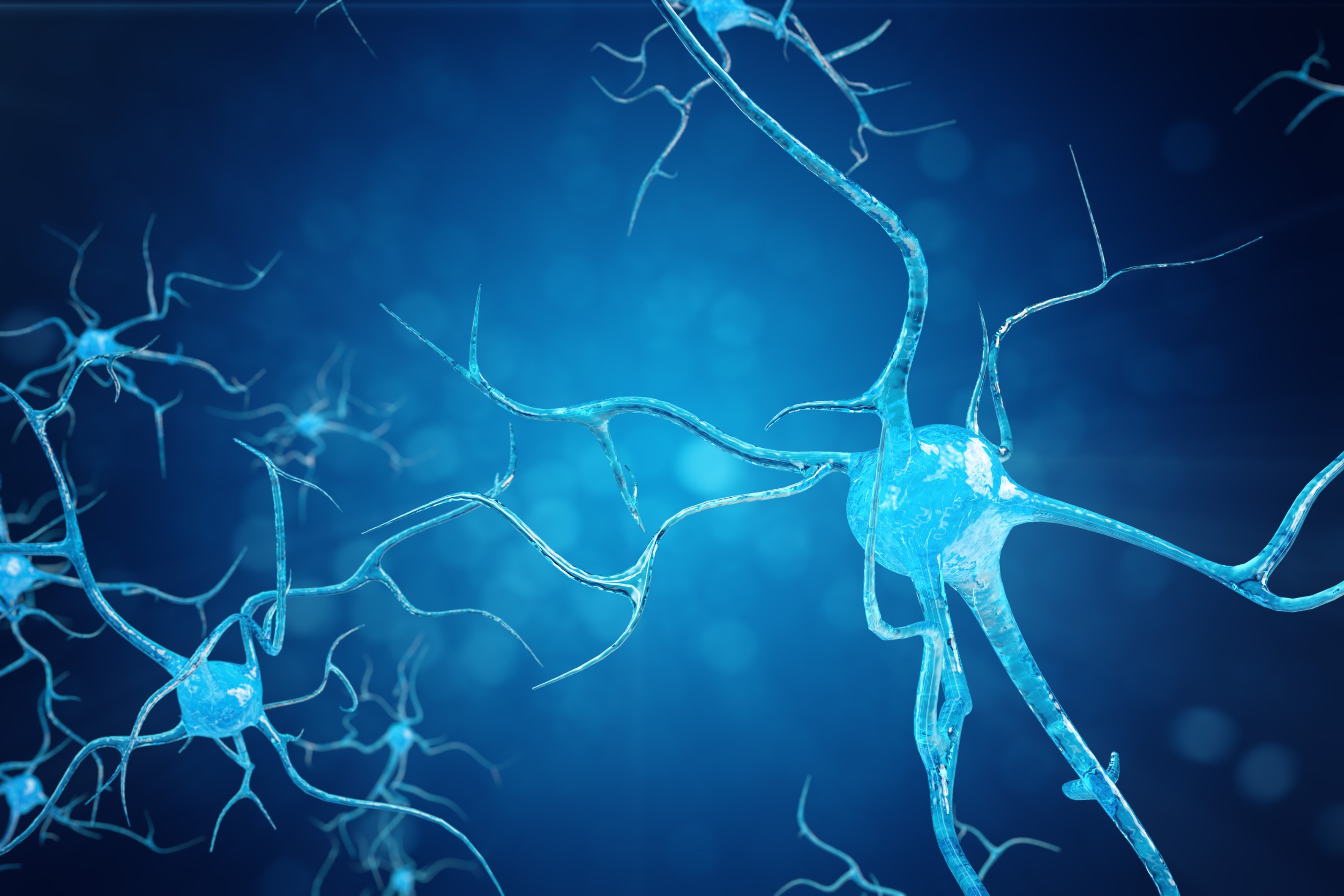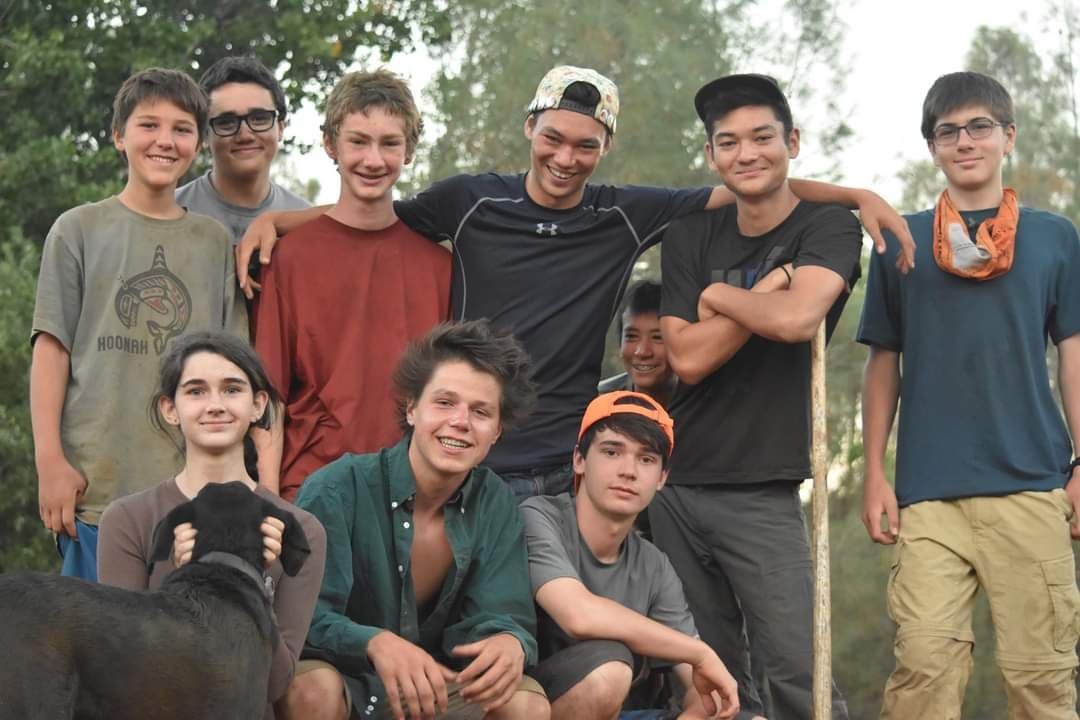Keep Right – Column by Ralph K. Ginorio
As human beings, what is our first duty? Whether we are creatures made in the image of the Lord God Almighty, or are the descendants of the survivors of nearly three thousand-million years of natural history, we each have much to live up to.
What do we do to justify our ongoing existence? Are we ambitious in service to the dictates of our conscience? Do we exhibit bravery in the face of oppression? Are we dedicated to something beyond our ease, our vanity, and our ambition?
Are we what Ignatius of Loyola once called useful men of action? Do we exist in service to others whose lives we benefit? Are we worthy of trust? Can we be counted on to come through in a clinch? Do we find the meaning of our lives in plain and honest service?
Human life should be held to a very high standard. If monotheism has any truth, the Creator of the universe cares deeply for the decisions that each isolated individual makes. If evolution has validity, then our hope for survival lies in the wisdom of our choices.
We cannot insure success with hard work and virtue. Oftentimes, a person can do absolutely everything correctly and still fail.
However, we are in control over the words that leave our lips and the actions we take. While none of us possesses perfect self-control, we can each try our level best to do what seems to be the right thing to do in each moment.
When we fail, as we each shall certainly continue to do at times, we can do our best to atone and resume the struggle with hope. We can refuse to indulge in a despair that lets us off the hook.
Renee Descartes was wrong. It is not that “I think, therefore I am.” Instead, I try because I am. While our faculties remain, we can refuse to accommodate ourselves to that which seems wrong, but inevitable.
Hannah Arendt once said that what allowed men like Adolf Eichmann to perpetrate Hitler’s final solution was that they gave up being human beings. They refused to keep thinking for themselves.
“This inability to think created the possibility for many ordinary men to commit evil deeds on a gigantic scale, the like of which had never been seen before. The manifestation of the wind of thought is not knowledge but the ability to tell right from wrong, beautiful from ugly. And I hope that thinking gives people the strength to prevent catastrophes in these rare moments when the chips are down.”
Hannah Arendt
Eichmann willingly, even eagerly, sacrificed his very humanity in order to become a creature of duty. The leader, the party, and the government commanded him through the SS to utterly renounce his personal conscience.
He lived within their lies by choice, and thenceforth, “just followed orders.” Our military places a terrible burden of responsibility on those who serve.
Regardless of their age, rank, life experience, or confusion each is expected to recognize illegitimate orders. A nineteen-year old rifleman might have to risk a summary execution by refusing to obey what seems to be an unlawful order.
In practice, such an expectation defies credulity. But, our military makes this demand in order to prevent our servicemen from, “just following orders” all the way to atrocity. Our military, staffed exclusively by volunteers, expects people to fight in the hell of combat without losing their sense of right and wrong.
What a breathtakingly tall order.
This is our highest duty. Each and every one of us can try to keep thinking when panic or groupthink stampedes all around us. We can refrain from indulging in dark passions and instead determine to be worthy of our lives. Nature’s God made individuals. As discrete persons, we are each the primary reality of the human condition.
Human individuals created group identity. This conceit, that any single human category can or should define us, can steal our reason and confuse our conscience. Thoughtless tribalism, group identity run amok, leads inevitably to Treblinka. We should never cede our responsibility to think for ourselves; not to any other person, nor to any group, and certainly not to an inhuman Artificial Intelligence.







